Results
-
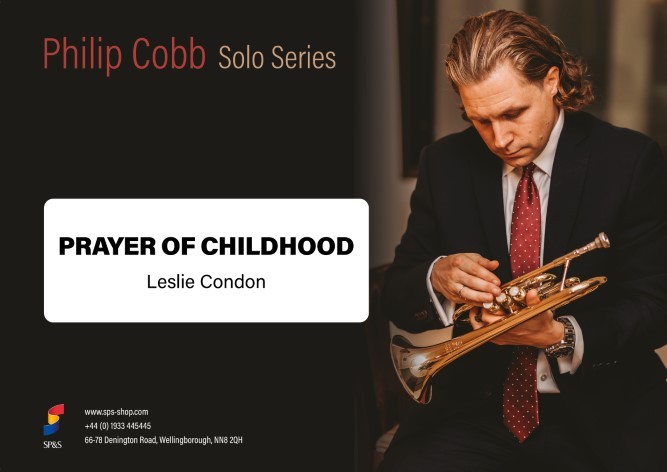 £29.95
£29.95Prayer of Childhood (Cornet Solo with Brass Band - Score and Parts) - Condon, Leslie
Leslie Condon made a huge impact on the lives of many he encountered. His compositions ranged from extended brass works to simple choral songs. Prayer of Childhood, originally composed for children to sing, is based on the verses which commence 'Gentle Jesus, meek and mild'. The simplicity of the melodic line is its strength and compliments the text so beautifully. Duration: 2.30
Estimated dispatch 7-14 working days
-
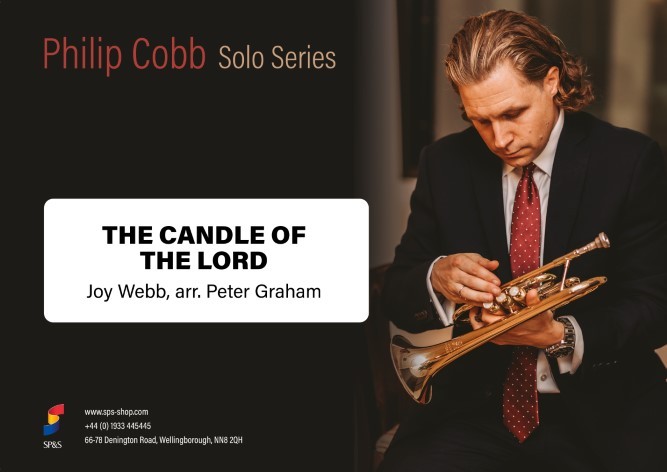 £29.95
£29.95The Candle of the Lord (Cornet Solo with Brass Band - Score and Parts) - Webb, Joy - Graham, Peter
The Candle of the Lord, originally written as part of a musical named Breakthrough, finds its inspiration from Proverbs 20, Verse 27. This beautiful setting has been arranged by Peter Graham and was specifically written for Philip Cobb. Duration: 4.00
Estimated dispatch 7-14 working days
-
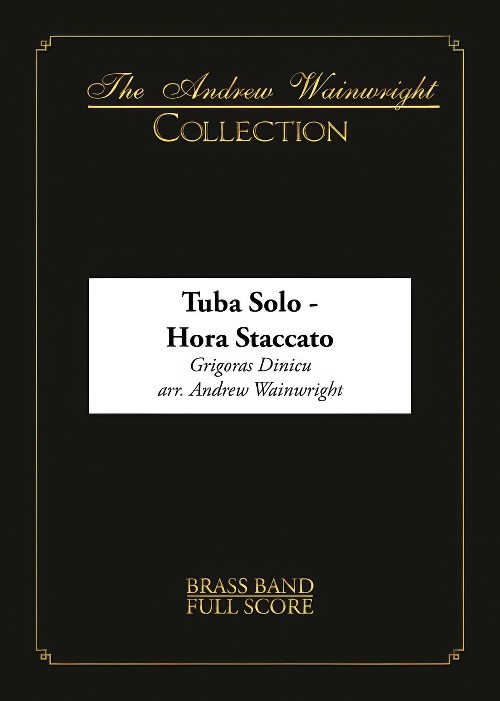 £30.95
£30.95Hora Staccato (Eb Bass Solo with Brass Band - Score and Parts) - Dinicu, Grigoras - Wainwright, Andrew
Arrangement of Grigoras Dinicu's virtuosic violin showpiece, here arranged for Eb tuba.
Estimated dispatch 7-14 working days
-
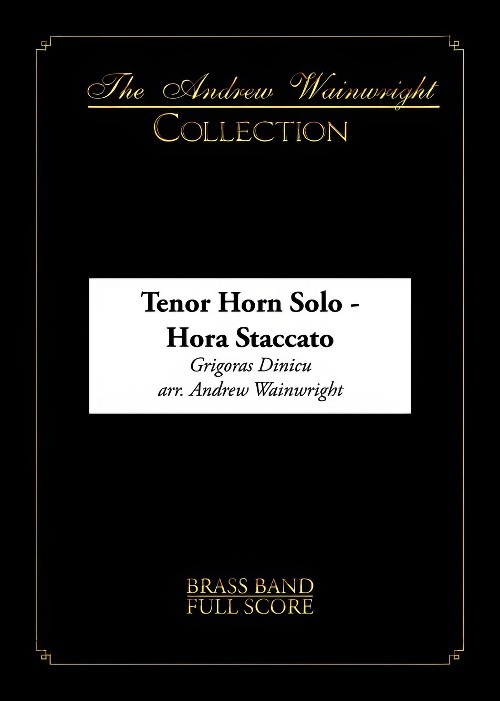 £30.95
£30.95Hora Staccato (Tenor Horn Solo with Brass Band - Score and Parts) - Dinicu, Grigoras - Wainwright, Andrew
Arrangement of Grigoras Dinicu's virtuosic violin showpiece, here arranged for tenor horn.
Estimated dispatch 7-14 working days
-
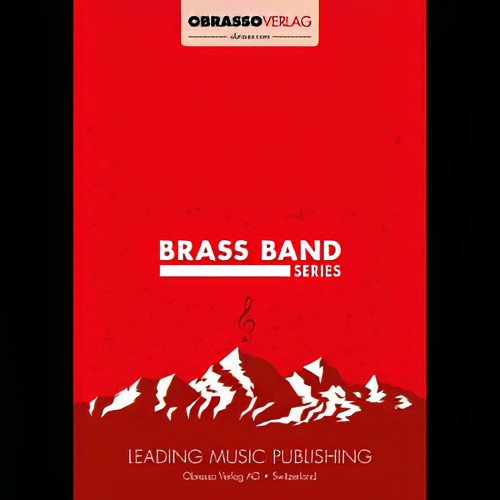 £56.00
£56.00My Lady Dreams (Tenor Horn Solo with Brass Band - Score and Parts) - Clarke, Herbert L. - Smith, Sandy
Romanza for Eb Horn
Estimated dispatch 7-14 working days
-
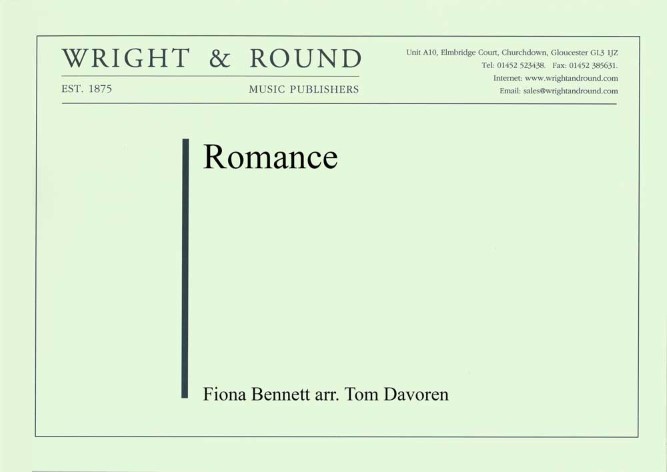 £35.00
£35.00Romance (Tenor Horn Solo with Brass Band - Score and Parts) - Bennett, Fiona - Davoren, Tom
Composed by Classic FM Hall of Fame composer Fiona Bennett, this lovely melody features the lyrical tenor horn.Suitable for 2nd Section Bands and aboveDuration: 4.00
Estimated dispatch 7-14 working days
-
 £84.95
£84.95Turbulence, Tide and Torque (Baritone Solo with Brass Band - Score and Parts) - Graham, Peter
Concerto for BaritoneTurbulence, Tide and Torque can be considered to be a companion piece to my 2008 Euphonium Concerto In League with Extraordinary Gentlemen, and indeed can be performed on Euphonium (vintage or medium bore instrument preferred). Whereas the gentlemen in question in the latter work were fictional (e.g. Sherlock Holmes and Phileas Fogg), the former pays tribute to three real life women who were very much true pioneers and heroines of their age.Turbulence: Harriet Quimby (b. 1875) was one of the world's best woman aviators, her significant and historic achievement being the first woman to fly across the English Channel. Sadly, in her lifetime very few people were aware of her 1912 accomplishment; potential press coverage was dominated by the sinking of The Titanic only two days before.Grace Darling (b. 1815) is a name much more familiar to the public today, and in her lifetime she was lauded as a national heroine. A humble lighthouse keeper's daughter from Northumberland, her participation in the rescue of survivors from the wrecked paddle-steamer Forfarshire is well documented (a museum dedicated to her achievements located in Bamburgh, the town of her birth). This movement, Tide, develops a main theme from my large scale work Harrison's Dream, reflecting on the souls lost in the disaster.The final movement Torque, opens with a sudden gear change such as might have been undertaken by Dorothy Levitt (b. 1882), the woman's world land speed record holder, in her Napier racing car. Levitt, who following her 1906 record-breaking achievement was described as the Fastest Girl on Earth, went on to write extensively about her experiences, encouraging females to take up motoring through her articles in The Graphic newpaper.Turbulence, Tide and Torque was commissioned by and is dedicated to Katrina Marzella as part of an Arts Council of England funded residency I was awarded with the Black Dyke Band in 2018.- Peter GrahamDuration: 15.00
Estimated dispatch 7-14 working days
-
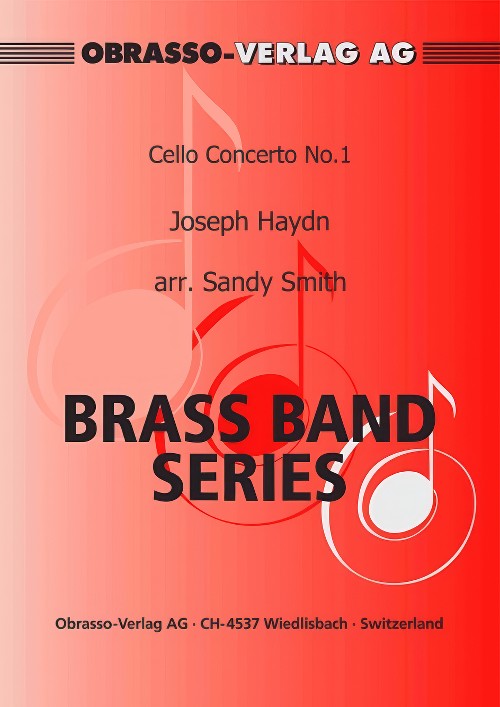 £59.70
£59.70Cello Concerto No.1 (Euphonium Solo with Brass Band - Score and Parts) - Haydn, Joseph - Smith, Sandy
The Third Movement from Haydn's Cello Concerto No.1 is now available for your Euphonium Soloist
Estimated dispatch 7-14 working days
-
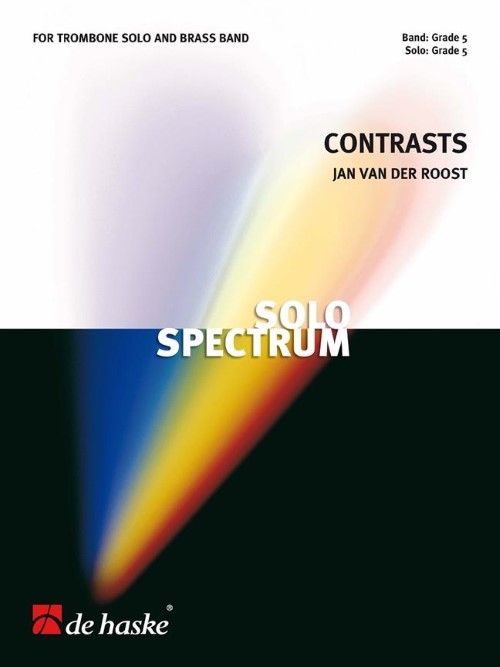 £154.99
£154.99Contrasts (Trombone Solo with Brass Band - Score and Parts) - Van der Roost, Jan
Contrasts was written for, and dedicated to, trombone soloist Dr. Brett Baker. As the titles indicates, contrasting elements characterize this challenging piece. The slow movement Sounds has a somewhat dark and sombre atmosphere, with complex harmonies and special sound effects. However, the second movement, Caprice, is energetic, entertaining, virtuosic and somewhat whimsical - quite a contrast indeed with the first! Duration: 16.30
Estimated dispatch 7-14 working days
-
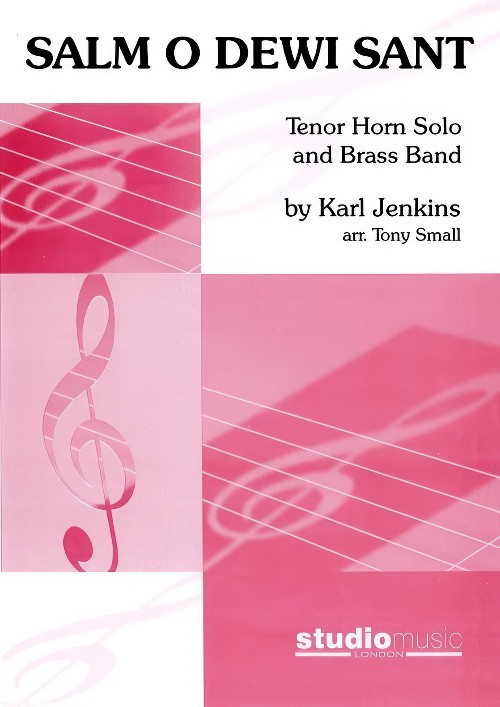 £42.95
£42.95Salm O Dewi Sant (Tenor Horn Solo with Brass Band - Score and Parts) - Jenkins, Karl - Small, Tony
Psalm for Saint David: from Adiemus iv:The Eternal Knot
Estimated dispatch 7-14 working days
